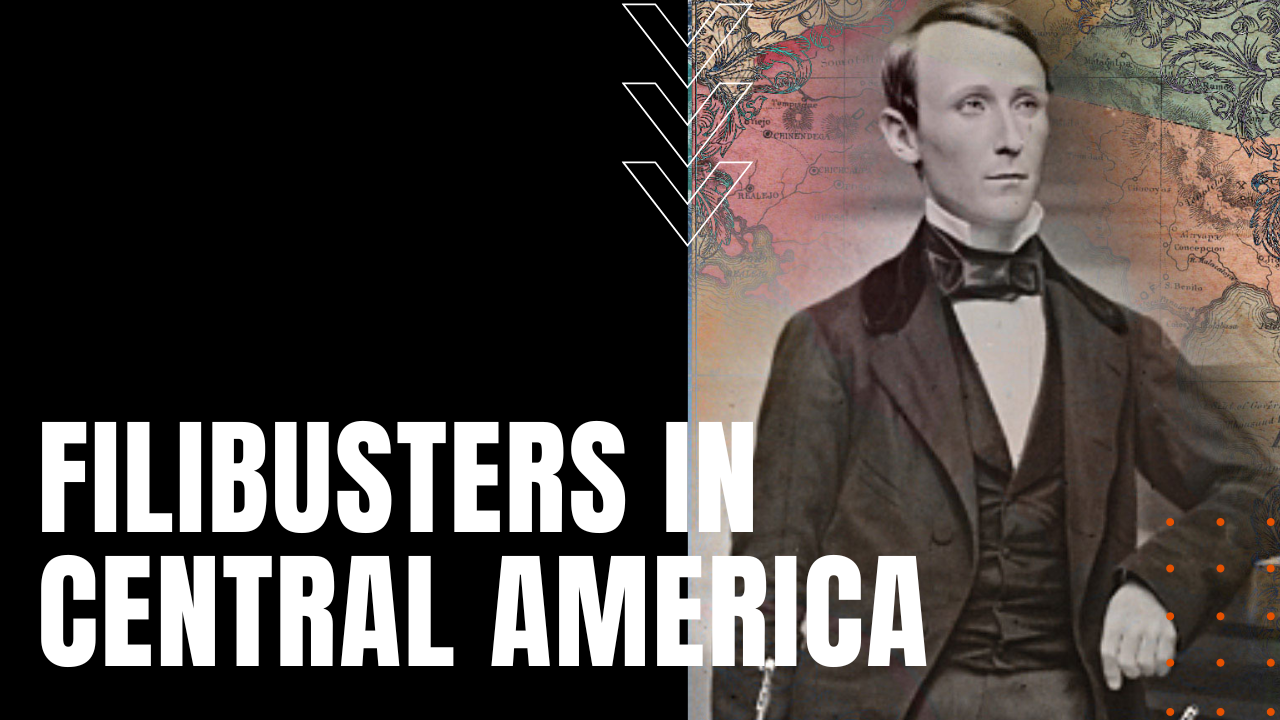Filibusters in Central America

Under the banner of manifest destiny and a nascent sense of white supremacy, between the Mexican American and Civil Wars, ambitious Americans attempted repeated land grabs in Central and South America, earning the name of filibusters or filibustero in the Spanish.
Most Famous Attempts
Among the most successful or unsuccessful, dependent upon his ultimate fate, was lawyer and newspaperman William Walker, who moved from New Orleans to Northern California, where he recruited a small band of largely failed gold miners for a planned takeover of Baja Mexico. Sailing out of San Francisco Bay with a ragtag crew of 45 men, Walker arrived in Cabo San Lucas at the end of October, 1853, capturing La Paz by early November.
Ranks Swell
His ranks swelled to over 300 enthusiastic mercenaries, until his lack of leadership and his beleaguered supply chain forced his retreat toward San Diego, where he surrendered to a detachment from the U.S. Army. Acquitted by a San Francisco jury in just eight minutes’ time—a testament to the strength of public opinion in Walker’s favor—a year later, Walker took advantage of a civil war in Nicaragua, capturing the city of Granada before declaring himself president of the country in October of 1855.
Don’t Mess With Vanderbilt
After Walker revoked shipping magnate Cornelius Vanderbilt’s right to transit Nicaragua, Vanderbilt raised a private army that was soon joined by anxious forces from Costa Rica, Guatemala, Honduras and El Salvador, forcing Walker from power in less than 10 month’s time, only to receive a hero’s welcome upon his return to the states. In 1860, Walker launched yet another filibustering or freebooting campaign, as it was commonly known, this time in Honduras, quickly drawing the ire of the British government, which still had strategically important colonies in Central America.
Death By Firing Squad
The Royal British Navy captured Walker upon his arrival in Trujillo, turning him over to Honduran authorities who executed him by firing squad in September of that same year—at just 36 years of age. Eight months later, upon the outbreak of the American Civil War, filibustering faded into obscurity, while the uniquely American belief in manifest destiny fizzled out by 1867, making filibustering in Central America, one of the oddest overreaches in American history.
